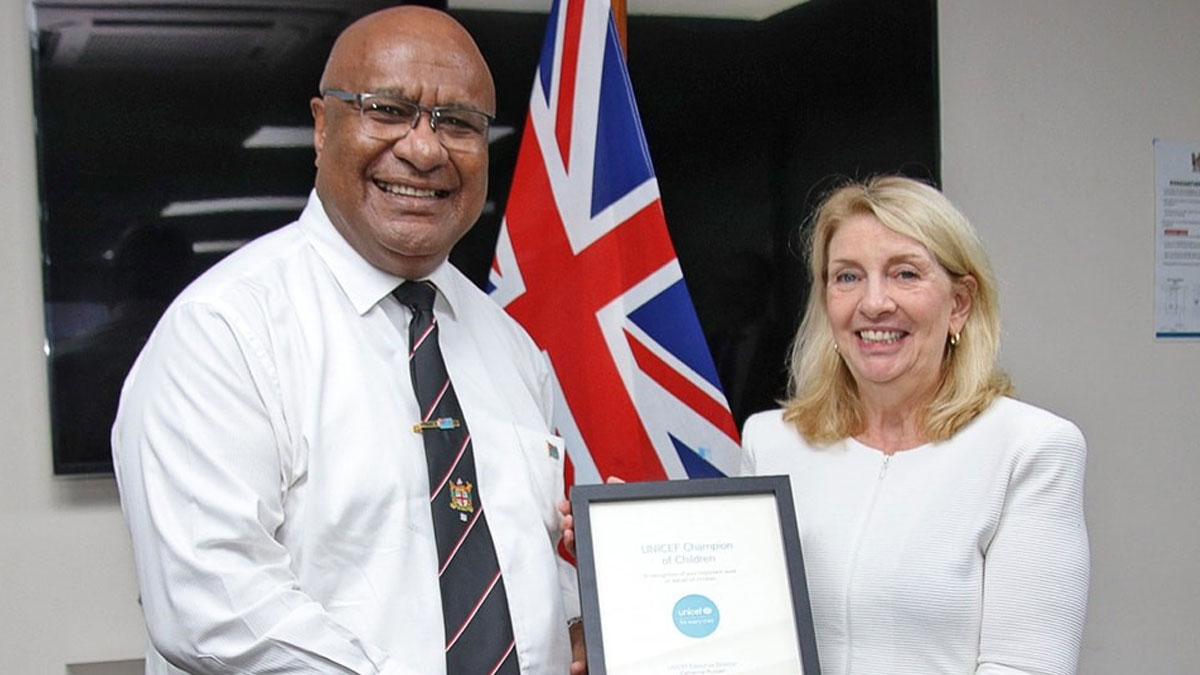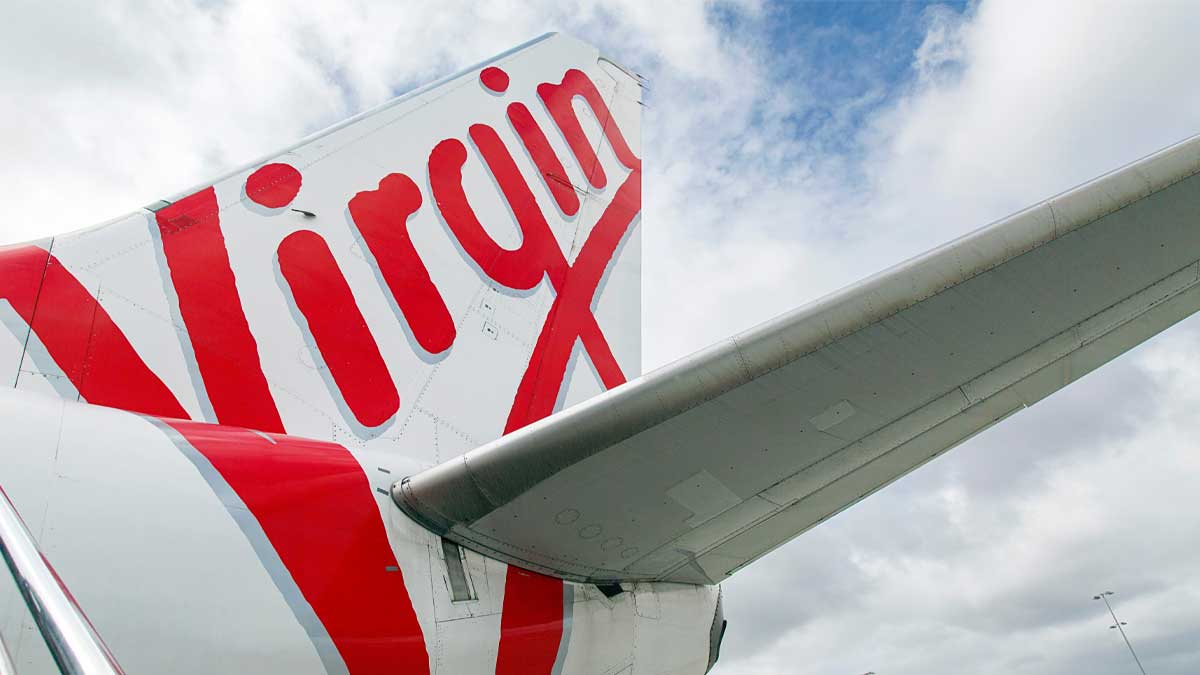
The climate crisis is a child rights crisis and it impacts all aspects of children’s lives, from their access to locally grown food, to ensuring that schools, homes and health facilities can withstand tropical cyclones and natural disasters, which are becoming stronger and more frequent.
This was highlighted by UNICEF Executive Director, Catherine Russell during her meeting with the Deputy Prime Minister and Minister for Trade, Co-operatives, Small and Medium Enterprises and Communications Manoa Kamikamica.
Russell says children in the Pacific are uniquely vulnerable to the impact of climate shocks, jeopardizing their rights to access quality education, health care, nutrition, safe water, and sanitation, as well as a clean, safe, and protective environment.
During their meeting, they also discussed the high rates of family violence, which have multiple implications for children’s safety and well-being, including situations where children end up living on the streets.
UNICEF is supporting the Ministry of Women, Children and Social Protection by providing technical assistance and financial support to benefit the most vulnerable children.
Russell says she appreciated the positive discussions with officials in Fiji and ways to strengthen their collaboration to further the rights of all children, including addressing violence against children.
While acknowledging the support by UNICEF, Kamikamica says this ongoing support will strengthen child protection systems and address the impacts of climate relocation and displacement on children.
He says through UNICEF’s technical training and clinical protocols, Fiji’s roadmap to ending violence against all children may be met by turning these challenges into opportunities.
Stay tuned for the latest news on our radio stations


